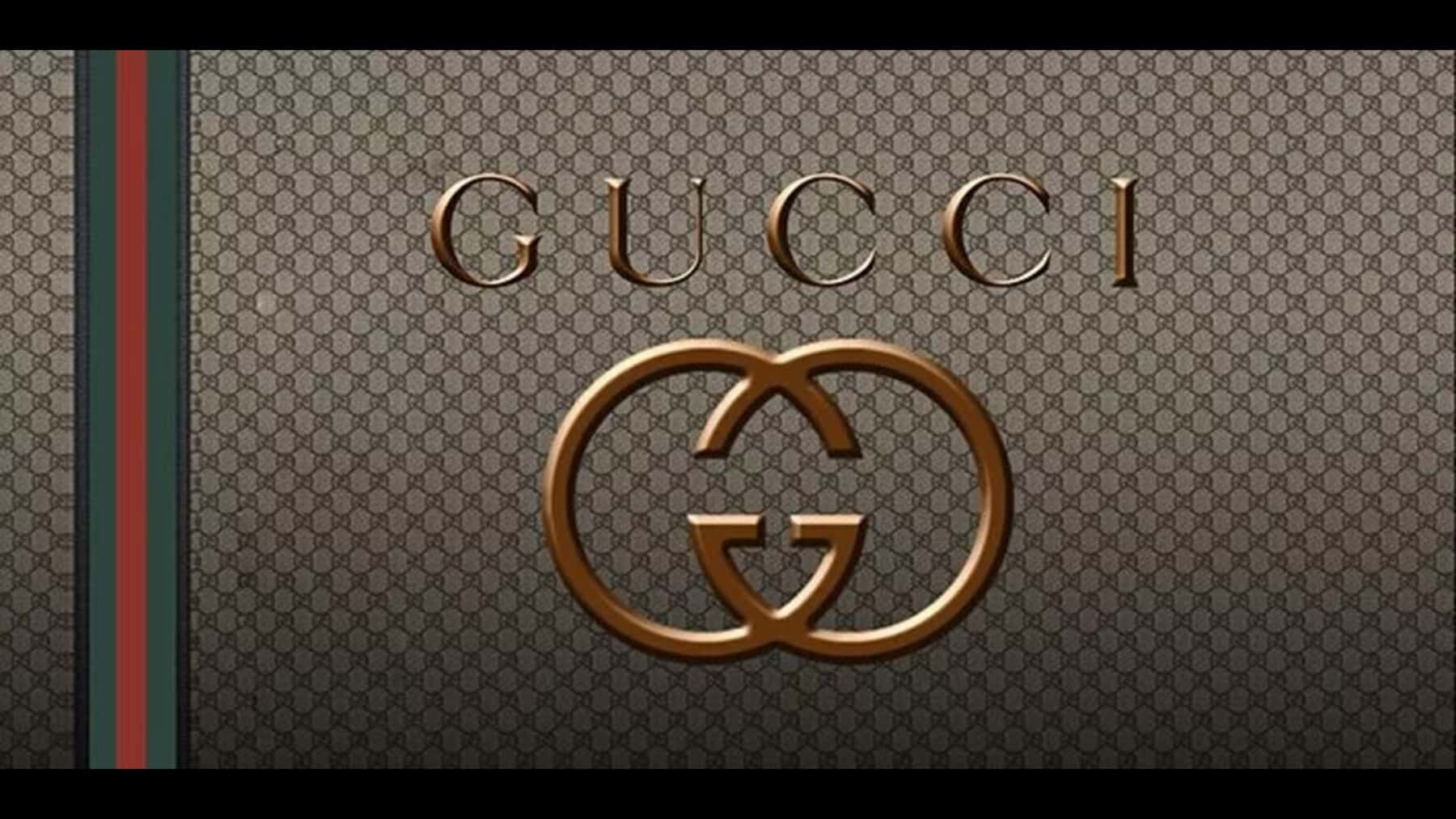Gucci experienced a decline in sales during the fourth quarter, grappling with diminishing demand for luxury goods, according to its parent company Kering's report released on Thursday. Sales for the renowned designer brand fell by 4 percent over the final three months of the year.
The chief executive of the Italian label expressed determination to rejuvenate Gucci's performance, emphasizing plans to make substantial investments in its flagship house in the coming period. The brand remains committed to revitalizing its image and reigniting consumer interest in its offerings.
The downturn in Gucci's sales reflects broader trends within the luxury fashion sector, where consumers have begun to scale back on spending following a post-pandemic surge that drove sales growth. The evolving consumer landscape and shifting economic conditions have prompted a reevaluation of spending priorities, impacting demand for high-end fashion and luxury goods.
Gucci's efforts to navigate these challenges underscore the complexities facing luxury brands in an increasingly competitive market environment. Adapting to changing consumer preferences and market dynamics remains crucial for brands seeking to maintain relevance and sustain growth in the long term.
As the luxury fashion industry evolves, brands like Gucci are confronted with the imperative to innovate, diversify their offerings, and enhance their digital presence to engage with consumers effectively. The commitment to revitalization and strategic investment signals Gucci's proactive approach to addressing current challenges and positioning itself for future success.
Against the backdrop of shifting consumer behaviors and economic uncertainties, the luxury fashion sector faces ongoing pressures to adapt and evolve. Gucci's response to the downturn in sales reflects a broader industry-wide effort to navigate the complexities of a rapidly changing global marketplace.




















